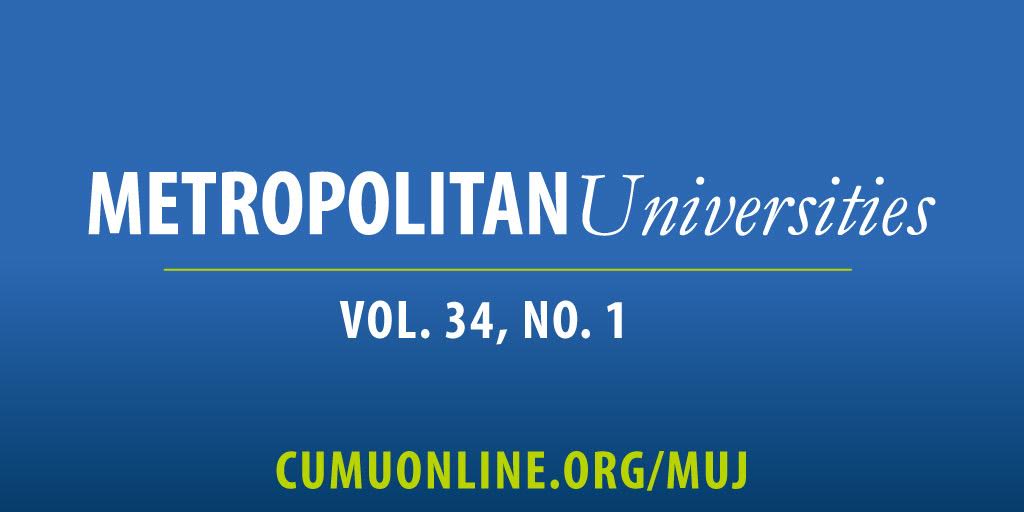Reflections by Community Partners of Hong Kong-based Universities on Key Process Variables in Service-Learning: An Exploratory Study
DOI:
https://doi.org/10.18060/26113Keywords:
service-learning, process variables, project effectiveness, evaluationAbstract
This research study aims to validate the typology of process variables salient in service-learning projects proposed by Snell and Lau (2023) with empirical evidence. The study employed a qualitative approach by interviewing partner organization representatives (PORs) from 11 local and two international community partner organizations (CPOs), which had a history of collaboration in various service-learning projects with four universities based in Hong Kong. Our analysis identified five key factors that were perceived to be conducive to the success of service-learning projects. These positive factors were: student ownership and initiative, positive roles for PORs and their staff; an established collaborative relationship between the CPO and university; university unit-provided support and preparation for students; and instructor commitment. These factors confirmed several variables in the Snell and Lau (2023) typology, and relationships among these factors were identified. Interviewees identified factors impeding effective service, including the absence of some success factors, failure to align community/CPO needs and instructor requirements, and insufficient time parameters for the service. In our discussion of the findings, we infer some possible causal relationships among the positive factors. Limitations of the present study are discussed, and directions for further research are suggested.
Downloads
Published
Issue
Section
License
Copyright (c) 2023 Ka Hing Lau, Robin Stanley Snell, Maureen Yin Lee Chan, Cynthia Lok Sum Yeung

This work is licensed under a Creative Commons Attribution 4.0 International License.



